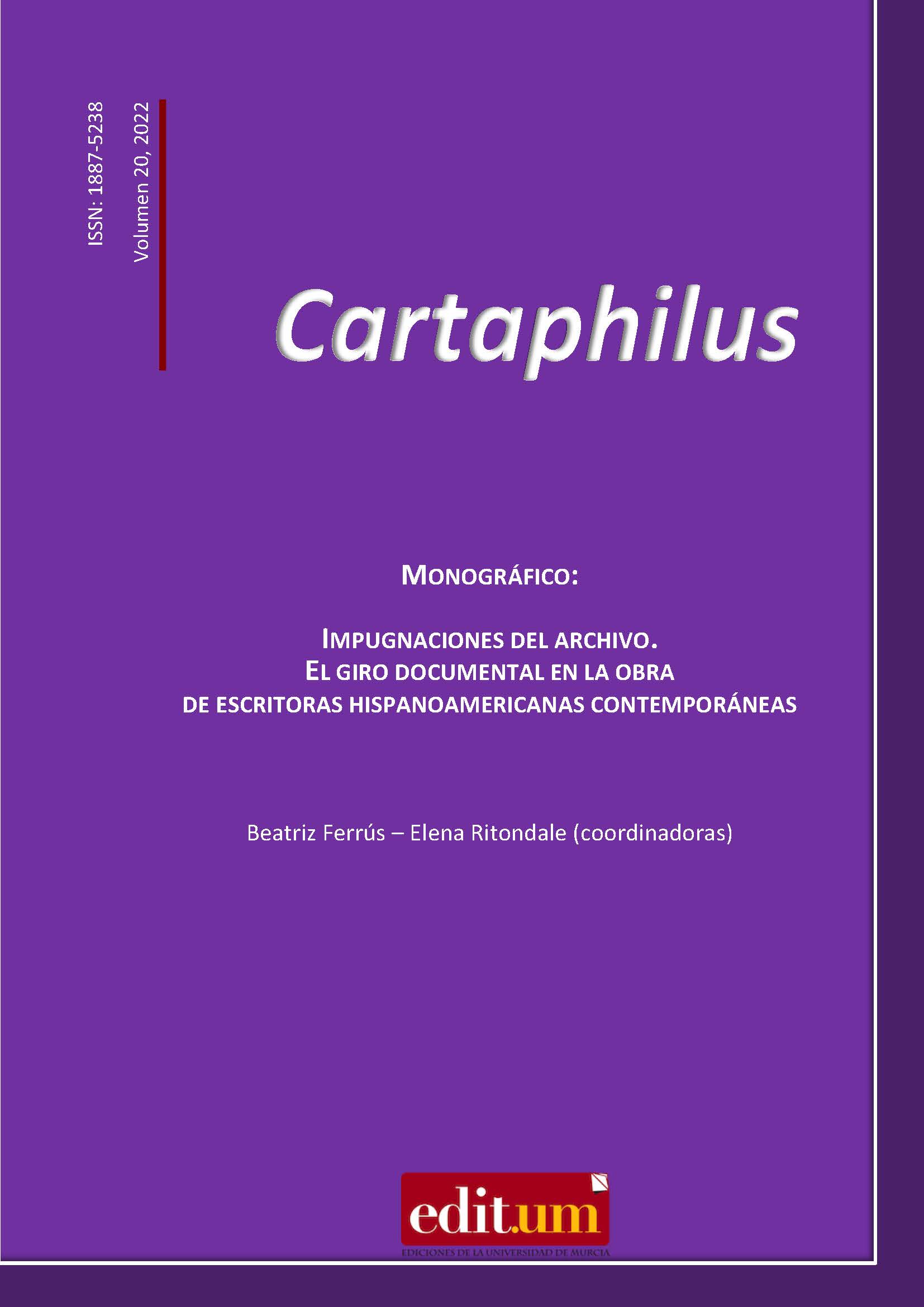Ginés de Pasamonte. On how everyone is a child to their deeds.
Abstract
This essay succinctly explores the relationship between the concept of individuality and Ginés de Pasamonte, one of the galley slaves freed by Don Quixote in chapter XXII of the first part of Cervantes' work. Special emphasis is placed on the influences that the author of the work took from the Spanish picaresque of the sixteenth century, in particular, the idea that the destiny of each individual is determined by the acts for which each one is personally responsible. and direct, not so much because of the lineage or because of the socioeconomic situation of the family to which each person belongs. Ginés de Pasamonte fully exemplifies this ideal, since he not only recognizes that his forced situation in a galley is a direct result of his past actions; but he takes into his hands, in a way that seems to escape even the narrator of the story, his freedom and future. Because of this, the same narrator loses track of Ginés, who goes on to live adventures that will be his own, his encounters with Don Quixote and Sancho being another episode of his life.
Downloads
-
Abstract583
-
PDF (Español (España))527
References
Cervantes, M. de (2015): Don Quijote de la Mancha. México D.F.: Penguin Clásicos.
Close, A. (2005): “La Comicidad del Primer Quijote y la Aventura de los Galeotes (I, 22)”. Estudios Públicos (100), 115-130.
Della Mirandola, P. (2010): “Discurso Sobre la Dignidad del Hombre”. Revista Digital Universitaria, 11(10). Obtenido de http://www.revista.unam.mx/vol.11/num11/art102/index.html
Maravall, J. A. (1986): La Picaresca desde la Historia Social. Madrid: Taurus.
Núñez Rivera, V. (2004): “Don Quijote, Pasamonte y la Picaresca de Soslayo”. Philologia Hispanelensis, 93-115.
Riley, E. C. (2000): Sepa que yo Soy Ginés de Pasamonte. Barcelona: Crítica.
Riquer, M. d. (2003): Para Leer a Cervantes. Barcelona: Acantilado.
Villoro, L. (1992): El Pensamiento Moderno. D.F.: F.C.E.
Vives, J. L. (2018): “Fábula sobre el Hombre”. Vivesiana(3), 9-25. doi:DOI: 10.7203/VIVESIANA.3.11429
Copyright (c) 2023 Erving González Magaña

This work is licensed under a Creative Commons Attribution-NonCommercial-NoDerivatives 4.0 International License.
Works published in this journal are subject to the following terms:
1. The Servicio de Publicaciones of the University of Murcia (the publisher) reserves the copyright of the published works and encourages and allows their reuse under the usage licence indicated in point
© Servicio de Publicaciones, Universidad de Murcia, 2015
2. Works are published in the electronic edition of the journal under a Creative Commons Reconocimiento-NoComercial-SinObraDerivada 4.0 International licence (legal text). They may be copied, used, disseminated, transmitted and publicly displayed, on condition that: i) the author and original source of the publication are cited (journal, publisher and URL of the work); ii) the material is not used for commercial purposes; iii) the existence and specifications of this licence for use are mentioned.

3. Self-archiving conditions We allow and encourage authors to electronically disseminate the preprint versions (the pre-review version) and/or post print (the version that has been reviewed and accepted for publication) of their works before they are published as this encourages earlier circulation and dissemination and so a potential increase in their citation and impact in the academic community.




